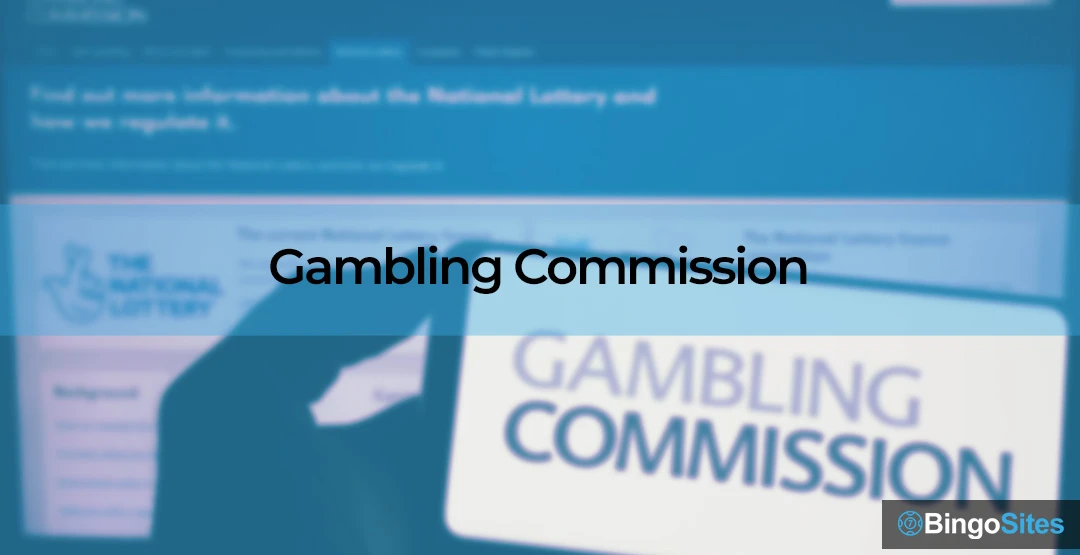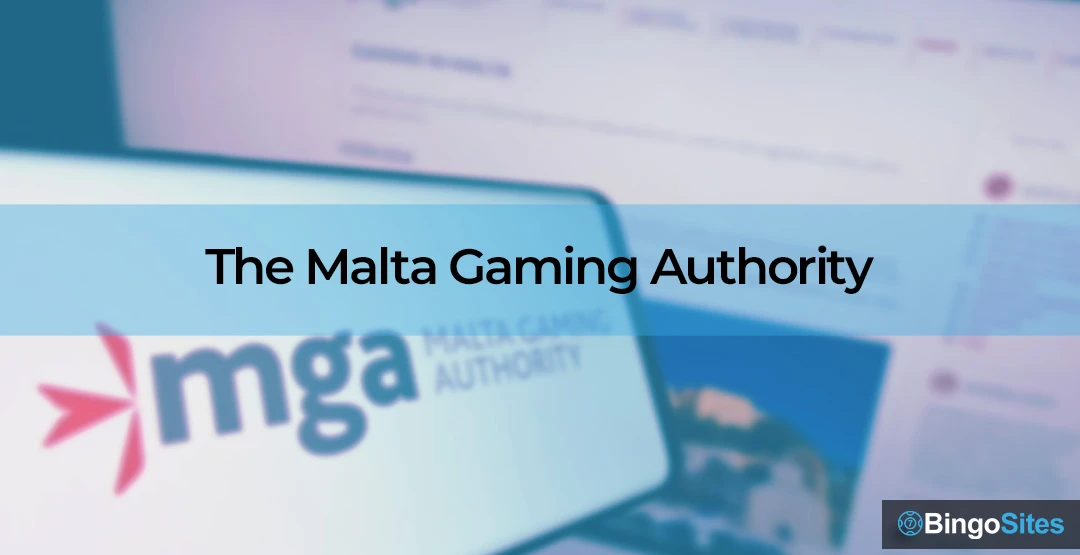Regulators and Licensing Bodies: Keeping Online Bingo Safe
If you’re thinking about playing online bingo from your desktop or mobile device, but slightly concerned about whether or not you can do so in a safe environment, it is important to recognise that the remote gambling industry is heavily regulated.
Not only do UK bingo sites need to be regulated by the Gambling Commission, but they often hold licenses from other regulatory bodies too. This includes regulatory bodies based in established gambling markets such as Malta, Gibraltar, and Alderney.
With that being said, if you’re interested in finding out more about how gambling regulatory and licensing bodies keep the online bingo industry safe – be sure to read on.
Gambling Commission
The Gambling Commission was created on the back of the UK’s hallmark gambling legislation – the Gambling Act 2005. As per the act, the Commission is responsible for upkeeping three main objectives.
This includes keeping the UK gambling arena free from crime; ensuring that players are able to gamble in a true and fair manner; and to protect under-aged and vulnerable people from access gambling products. On top of the Gambling Act 2005, the Commission has its own LCCP (licence conditions and codes of practice) – which effectively sets out the regulatory obligations that UK operators – including online bingo sites, must follow to the ‘t’.
Firstly, this ensures that all online bingo platforms that seek to offer gambling products to the UK marketplace must hold a gaming license issued by the Commission. The process of obtaining a license can be a complex and somewhat slow process – not least because the Commission needs to feel satisfied that the bingo website in question is credible.
When it comes to other key pieces of UK legislation, the Gambling Commission also monitors the countering of money laundering and terrorist financing. In order to achieve this, the Commission ensures that UK bingo platforms identities each and every player that opens an account. In its most basic form, this requires bingo players to upload a copy of their passport or driver’s license, and in most cases, a proof of address.
Interestingly, the Gambling Commission also requires software developers to hold a full gaming license. These are the companies that are responsible for designing and launching bingo games. If the software developer isn’t licensed by the Commission – irrespective of what country they operate in, UK bingo sites can’t host their games.
Furthermore, before a bingo game can launch in the UK, it must first obtain certification from a licensed Testing House. The purpose of this is to ensure that players can gamble in a true, fair and random manner – free from the threats of malpractice.
It is important to note that the Gambling Commission has a number of sanctions at its disposal – should online bingo sites fail to comply with UK regulations. At the lower end of the sanction scale, this includes a one-off fine, and demands of enhanced regulatory controls. At the more extreme end, the Gambling Commission can revoke the bingo platform’s license – meaning that the website can no longer service UK players.
All-in-all, the above legislative demands ensures that the Gambling Commission is one of the most stringent licensing bodies in the world. As such, a number of other regulatory bodies located in multiple jurisdictions have installed similar legislative frameworks to mirror that of the UK.
Read More: Gambling Commission Licence Conditions and Codes of Practice
Read More: Gambling Act 2005
In the next section, we’ll explore who some of the main regulatory players are outside of the UK.
The Malta Gaming Authority
Formally known as the Lotteries and Gaming Authority – the Malta Gaming Authority is one of the largest gambling regulators in mainland Europe. In fact, recent estimates claim that the island nation now regulates more than 80% of the European gambling market.
One of the key reasons for this is that Malta is well-known as one of the most business-friendly nations in the world. This allows gambling operators to set-up shop in Malta, subsequently allowing them to offer their services to the non-UK markets.
Much like in the case of the Gambling Commission, the Malta Gaming Authority has a number of key regulatory objectives. This includes the prevention of crime and disorder; countering the threats of money laundering; protecting vulnerable players – such as those that are unable to control their gambling; and ensuring that minors are unable to access gambling products.
The overarching segment of the gambling industry that the Malta Gaming Authority has dominance in is that of the online space. In fact, you’ll often find that UK-based bingo websites also hold a remote gaming licnese from Malta. In doing so, this allows bingo websites to accept account registrations and deposits from a number of European nations.
As is the case with the Gambling Commission, the Malta Gaming Authority has a number of sanctions that it can impose on bingo websites that it issues licenses to. Once again, this can be anything from a one-off fine, up to a full removal of a regulatory license.
Although regulatory bodies in the UK and Malta dominate the vast majority of the European gambling markets, a plethora of other bodies also exist. Here’s a quick break down of some of the most prevalent in the online bingo space.
Alderney Gambling Control Commission
Launched way back in 2000, the Alderney Gambling Control Commission is a small-scale licensing body based in the Channel Islands. One of the key attractions for online gambling websites that wish to fall under the remit of the Alderney Gambling Control Commission is that the island is effectively a tax haven.
By this, we mean that online bingo and other remote casino platforms benefit greatly from highly beneficial tax treatments. With that being said, it is important to note that the Alderney Gambling Control Commission is still regarded as a stringent operation, not least because it now base a lot of its legislative framework on the UK Gambling Commission.
Gibraltar Licensing Authority
Once considered a direct rival to the Malta Gaming Authority, the Gibraltar Licensing Authority specialises in the remote gambling space – including that of licensing online bingo platforms.
Interestingly, the regulatory body bases its key licensing objectives on the UK’s Gambling Act 2005 – meaning that the body ensures online gambling platforms comply with the same three licensing objectives as seen in the UK market.
Curacao Gaming Control Board
Although you might not have heard of the Curacao Gaming Control Board, the Carribean island of just 161,000 people is growing a formidable reputation in the online gambling arena. In fact, the gambling body has a strong focus on the ever-growing crypto-casino space.
In doing so, the platform seeks to offer the crypto-centric gambling market an element of legitimacy, with the view of enforcing the same set of regulatory principles as seen in the traditional online gambling space.
Gambling Supervision Commission (Isle of Man)
Following on from the likes of Alderney, the Isle of Man is also home to one of the most established licensing bodies in the Channel Islands. In fact, launched way back in 1962, the Isle of Man Gambling Supervision Commission is one of the oldest gaming regulators in the world.
The licensing entity not only has a presence in the online gambling space – including remote bingo sites, but they also regulate land-based operators.

